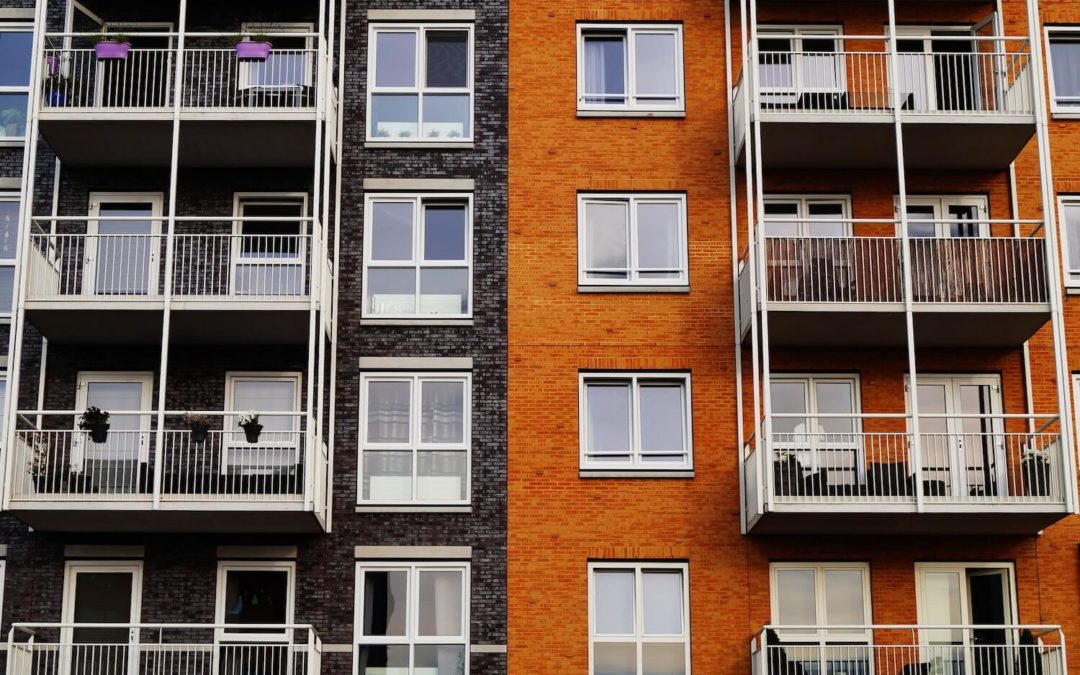Finding affordable housing is a major concern for all Canadians, but it has a special urgency for the nearly half million immigrants who resettle in Canada each year.
Recently, the immigration resource website Immigration.ca provided an online blueprint for new arrivals who are just beginning to explore Canada’s complex and sometimes chaotic rental market, in Montreal and beyond. Their guidance includes these useful tips:
Apartment Condition
Some aspects of an apartment’s condition will be obvious as soon as you walk in the door. For others, you’ll need to look deeper, literally checking every angle. Is the carpet new or simply vacuumed? Does the paint show signs of peeling? How is the water flow and temperature in the shower and sinks? And these days, it’s critical to check whether the electrical wiring and outlets are up-to-date. Older residential buildings were not constructed to support our 21st-century device-centered lifestyles.
Suite Layout
Space is an issue of many dimensions. The overall size of the apartment is an important consideration, but so is the layout. Will it accommodate your furniture? Does it have a wealth of space for what is important to you, such as cooking in the kitchen and entertaining in your dining area? Does it have an open, well-lit feel? These are subjective considerations that only you can decide.
Potential Problems
Did you see a bug scurrying across the floor, or an ant trap strategically positioned in the kitchen? Is there a damp odor, or any other sign of mold in your unit? Any evidence of water damage or mold is reason enough to cross the unit off your list. Not only can mold affect your health, but water damage may require expensive remediation down the line — remediation that would force you out of the unit.
Community Features
If you are considering an apartment complex, check the amenities. Is there an on-site gym and pool? If your potential unit doesn’t have a washer and dryer, inspect the common laundry room. Are the machines in good condition? What is the cost to use them? Does the demand seem to be greater than the number of machines that are available to residents? Are people cleaning the filters and keeping the area free of litter?
Utilities
This one is important to pin down, early. Will you be paying for water, electricity, gas, trash? If you are paying for electricity, try to get a feel for what the monthly usage charge has typically been for the unit. Trash and water will be less volatile month to month. Ask about what to expect there too.
Safety and Security
Are the smoke and carbon monoxide detectors working? Is it a newer building with sprinklers or an old building with nests of wires in the walls? Is there a security patrol? If so, how often do they check the property? Are there any cameras? If you want to go deeper, check online information resources that reveal crime statistics in your prospective new neighborhood. And if you have the chance, ask current residents.
In fact, talking with the people who live in the building is the best way to get comprehensive, honest information about almost every aspect of the experience of renting in the building.
